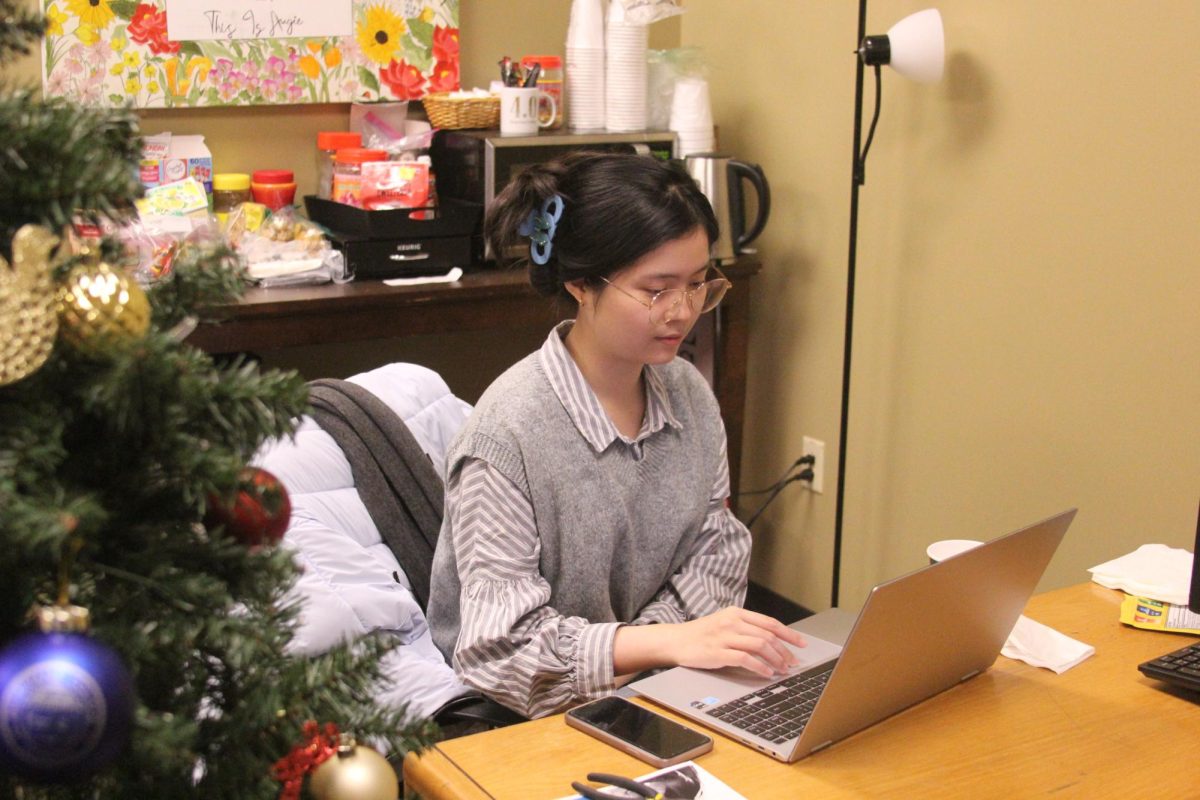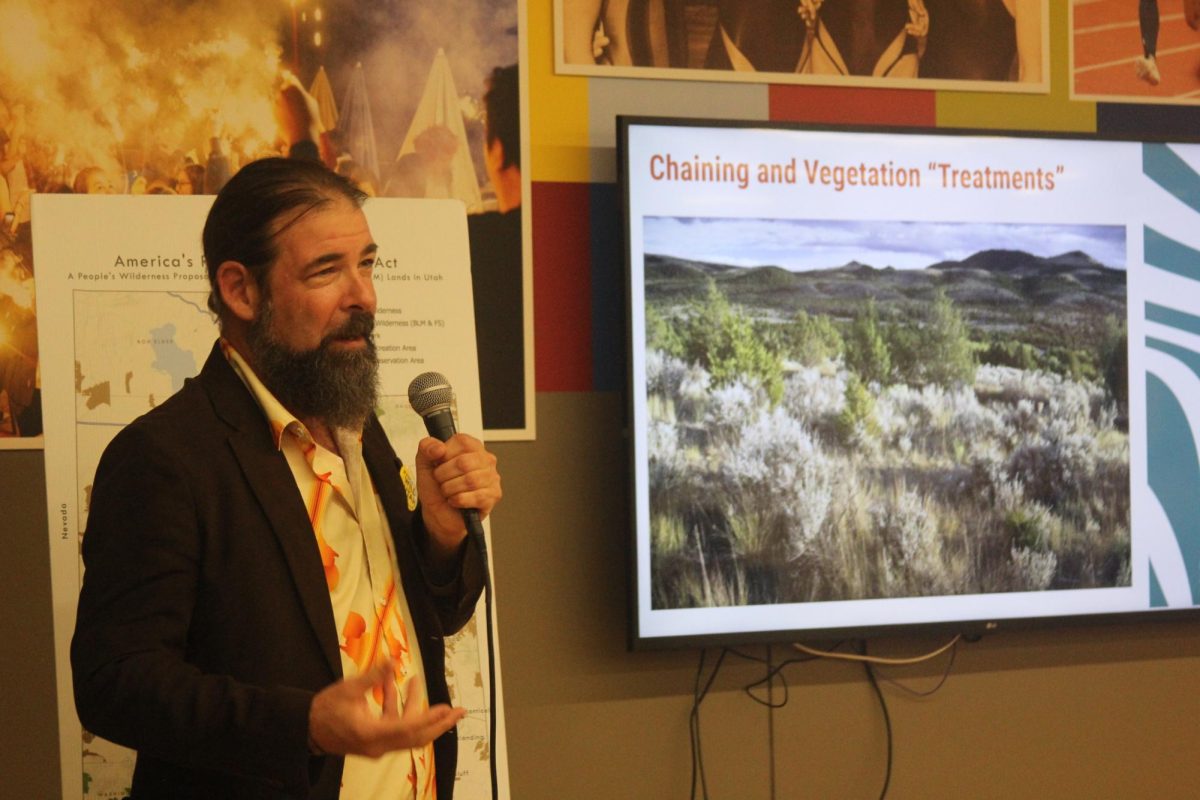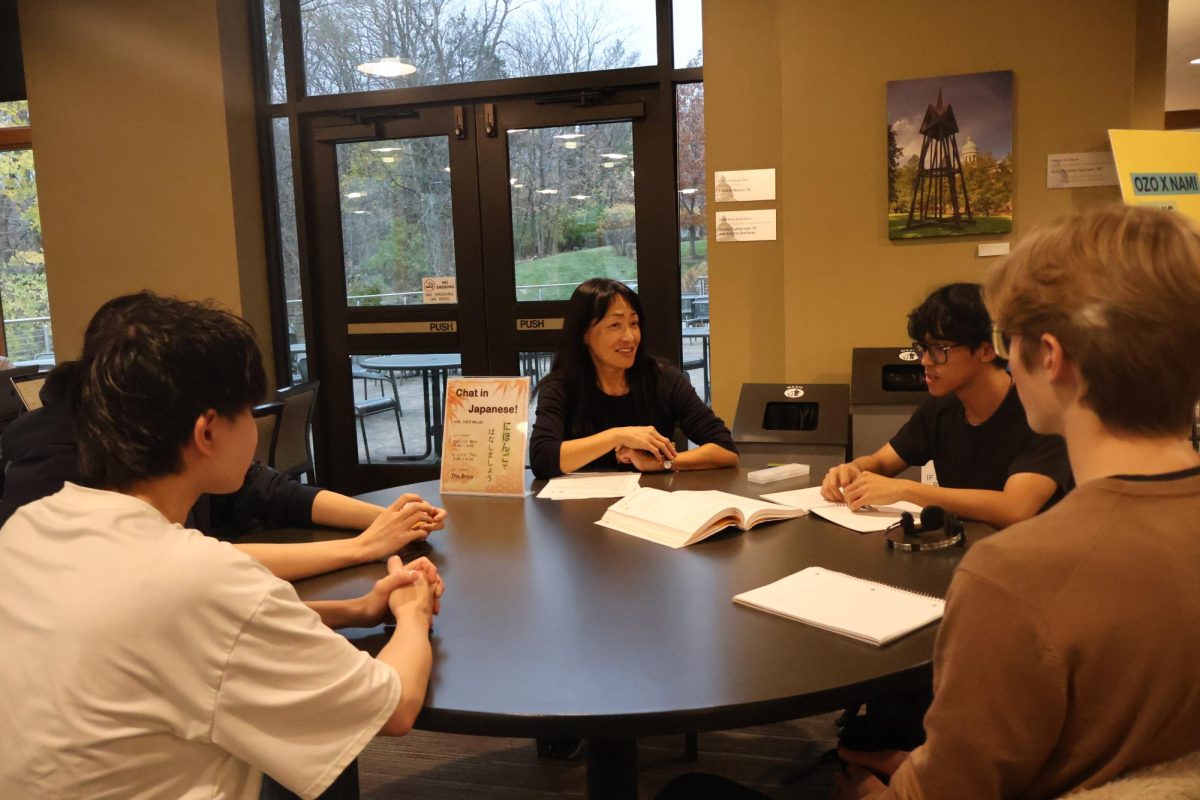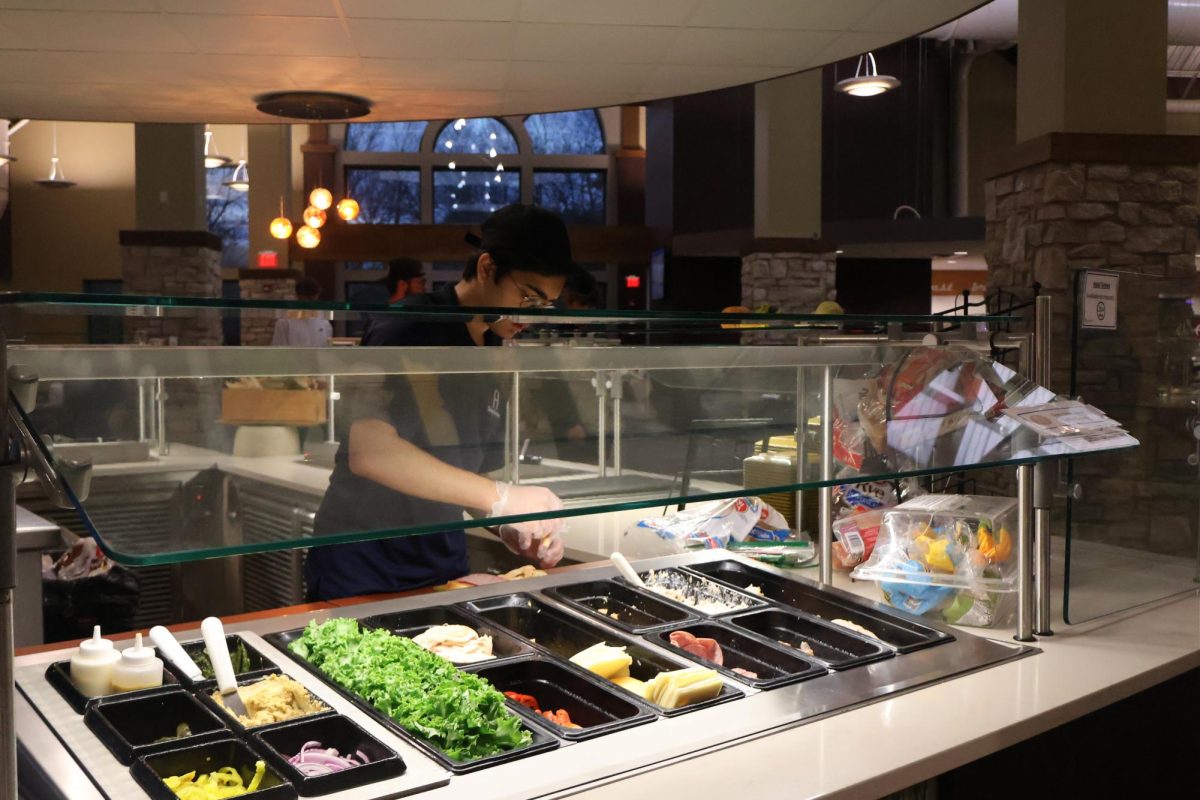College life offers many transformative experiences, and one of the most important is career readiness. For many Augustana College students, this readiness is facilitated through the C.O.R.E. program, which is designed to help students gain career-related skills and experiences. Navigating the job market with proper guidance and acquiring practical experience are critical for future success. However, a common concern among students is whether the restrictions on work hours during college are fair and adequate in supporting their financial and career needs.
The rationale behind limiting student work hours is likely to ensure that students prioritize their studies, as these work-hour caps help mitigate the risks of burnout and safeguard academic performance. Managing a full academic schedule, a social life and personal self-care is already a challenging balancing act. Overcommitting to work, especially for students who rely on part-time jobs to finance their education, can exacerbate stress and lead to negative outcomes, such as declining grades or health issues. Maintaining a healthy work-life balance is crucial, and by limiting work hours, schools aim to protect students from the detrimental effects of excessive work demands.
In this sense, these restrictions are not intended to undermine students’ financial needs but rather to safeguard their long-term well-being and academic success. Excessive work hours can adversely affect educational outcomes. Their study shows that for every 10 hours a student works per week, their probability of dropping out increases by 10%. This finding underscores the importance of maintaining a reasonable work schedule and work-life balance to ensure that students can prioritize their studies without sacrificing their goals.
However, international students face additional challenges. As an international student, I have noticed that many other international students pay higher tuition fees than their domestic counterparts and have fewer access to financial aid opportunities. As a result, the limited number of hours they are allowed to work may not be enough to cover living expenses, putting them at risk of financial insecurity. This could force international students to seek under-the-table employment, which lacks labor protections and is not ideal for their long-term well-being.
International students are also disproportionately represented among first-generation college students (FGCS), who often encounter unique obstacles in higher education. Many FGCS face financial instability, racial disparities and a lack of family support, which can create additional barriers to academic success. These challenges can make college completion more difficult. However, research shows that FGCS can thrive when provided with the right resources, including academic support programs, social integration opportunities and a strong network of familial and institutional support. Attributes like resilience and self-efficacy also play a significant role in helping FGCS overcome challenges and achieve success in their academic careers.
Another factor for international students is the need for Optional Practical Training (OPT), which allows them to work in the United States for up to one year after graduation on an F-1 visa. However, many employers are reluctant to hire international students due to the administrative costs and complexities of visa sponsorship. This adds an extra layer of frustration for students who want to gain practical experience but face barriers due to visa restrictions.
To address these issues, a more flexible approach could be implemented at colleges, allowing students to apply for additional work hours on a case-by-case basis. Institutions could evaluate each student’s academic performance, financial need and personal circumstances before approving extra hours. This would allow students to earn more income without compromising their education or well-being. Additionally, expanding financial aid opportunities for both domestic and international students would help alleviate some of the financial pressures they face, enabling them to focus more on their studies rather than being preoccupied with work.
For Augustana College, a balanced solution could be to offer workshops focused on flexible work policies and provide more access to financial aid resources. These efforts would help address the diverse needs of students and support them in achieving both academic success and financial stability. By creating an environment where students have the resources they need to thrive academically and financially, the college can better prepare them for successful careers after graduation.





































































































